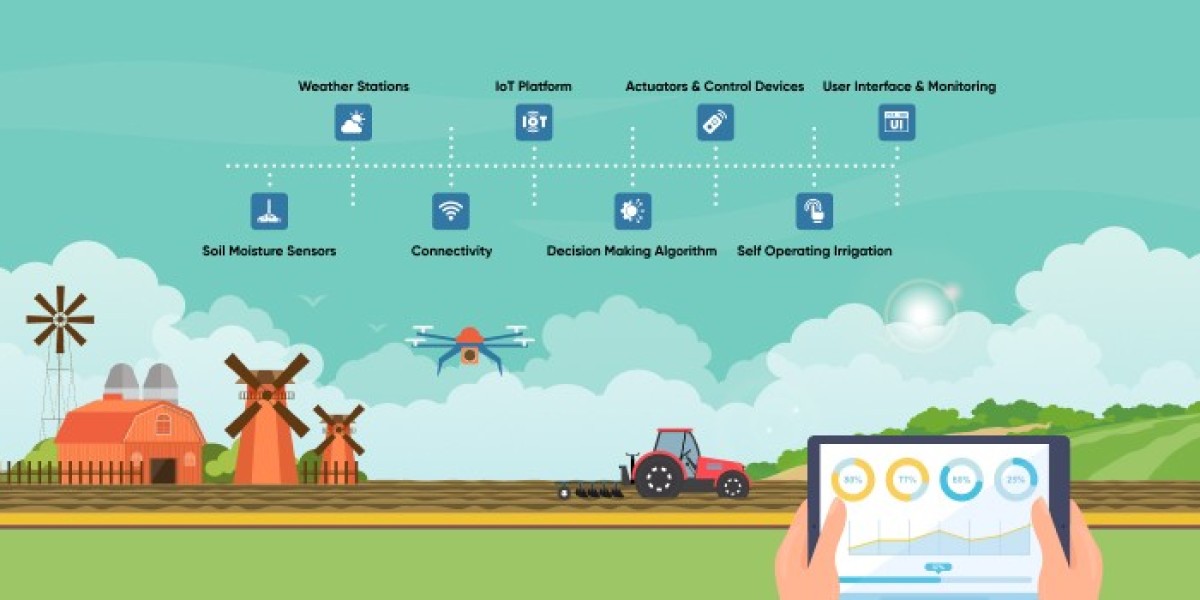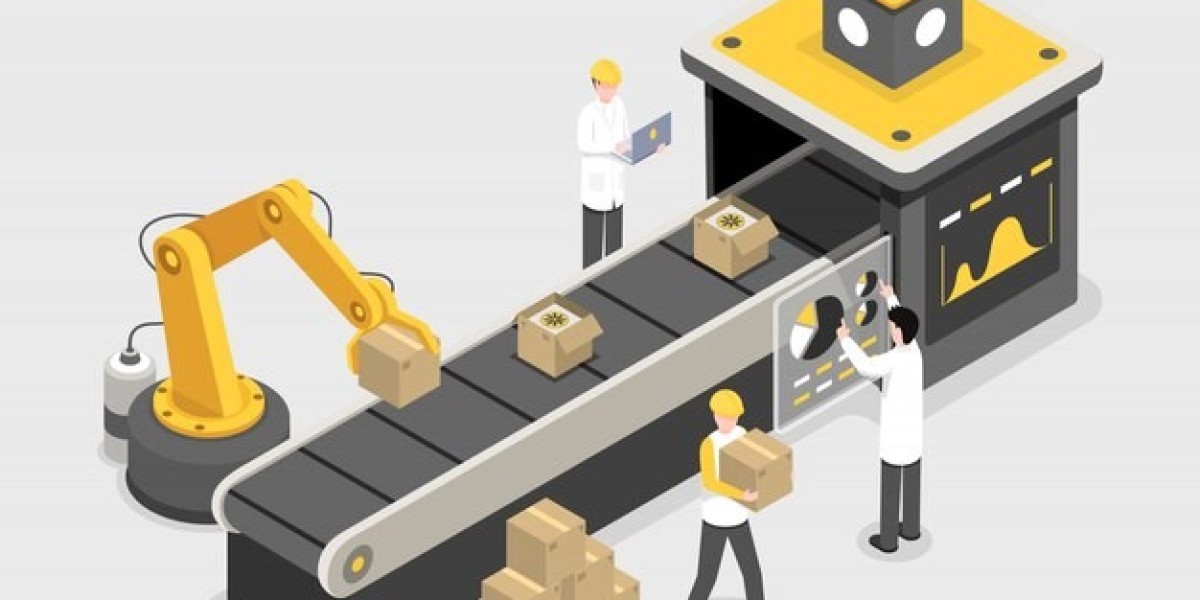Water is one of the most valuable resources in farming. But with changing weather patterns and water shortages, farmers need smarter solutions. A smart irrigation system using IoT helps save water, reduce costs, and improve crop health. Let’s explore how this technology is transforming agriculture.
What Is a Smart Irrigation System Using IoT?
A smart irrigation system using IoT is an advanced way of watering crops. It uses sensors, controllers, and data analytics to provide water only when needed. Instead of following a fixed schedule, the system adjusts irrigation based on soil moisture, weather conditions, and crop requirements.
This ensures that crops receive the right amount of water, preventing overwatering or underwatering. As a result, farmers can optimize water use and improve crop yields.
Key Benefits of Smart Irrigation Systems
Saves Water Efficiently
A smart irrigation system using IoT prevents water waste by monitoring soil conditions and weather forecasts. This supports smart water management and ensures sustainable water use.Reduces Costs
Smart irrigation helps farmers cut costs by reducing water and energy consumption. Since the system works automatically, it also reduces labor costs.Improves Crop Health
Overwatering can cause root rot, and underwatering can stress plants. By maintaining the right moisture levels, smart irrigation helps crops grow healthier and stronger.Remote Monitoring and Control
Using IoT remote monitoring solutions, farmers can track and control their irrigation systems from anywhere. Whether on a mobile phone or computer, they can adjust settings with just a few clicks.Supports Sustainable Agriculture
By integrating smart water technology, smart irrigation reduces environmental impact. It helps conserve water resources while ensuring better productivity.
How IoT Improves Smart Irrigation
IoT plays a major role in smart irrigation by connecting different technologies:
- Smart Water Meters – These meters measure water usage in real time and help farmers track consumption.
- Soil Moisture Sensors – These sensors detect how much water the soil needs and prevent unnecessary irrigation.
- Weather Forecasting Tools – IoT-based systems use weather predictions to decide when to water crops.
All these components work together to optimize irrigation and improve efficiency.
Smart Irrigation and IoT Monitoring
A smart irrigation system using IoT is an important part of IoT monitoring in agriculture. These systems provide valuable data that help farmers make informed decisions.
For example, smart water meters can detect leaks, and sensors can show which parts of the farm need more or less water. By using IoT remote monitoring solutions, farmers can get alerts and fix issues before they cause damage.
The Future of Smart Irrigation
The future of smart irrigation systems using IoT looks promising. Innovations such as AI-driven irrigation planning and cloud-based water management will further improve efficiency.
Upcoming advancements include:
- AI-powered irrigation scheduling.
- Machine learning to predict plant water needs.
- Advanced cloud solutions for large-scale irrigation management.
Farmers who adopt smart irrigation today will benefit from these future innovations.
Conclusion
A smart irrigation system using IoT is revolutionizing the way farmers use water. By combining smart water technology, IoT monitoring, and smart water meters, these systems help conserve resources, save money, and improve farming efficiency.
With water becoming scarce, adopting smart water management practices is more important than ever. Smart irrigation is not just a trend—it’s the future of sustainable farming.


